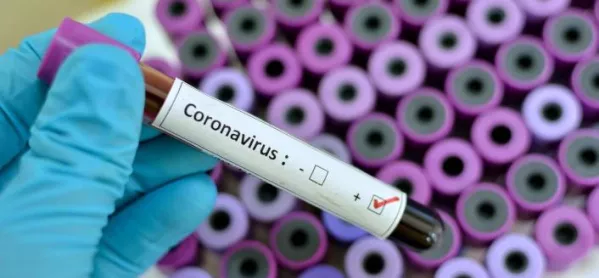Welcome to the Tes coronavirus liveblog. The ongoing Covid-19 pandemic is causing uncertainties for everyone.
Schools are facing unprecedented disruption, with classrooms currently closed to all but the children of key workers and vulnerable pupils.
Here, we aim to help teachers in the UK and in international schools by gathering together all the relevant stories in one place and keeping you updated with the latest news and announcements as and when they happen.
And, as ever, we also want to hear from you. What is different in your school and in your working life because of the virus? If you have stories you want to share or information you think should be circulated, then contact us at:
william.stewart@tesglobal.com, charlotte.santry@tesglobal.com and Mary-Louise.Clews@tes.com
